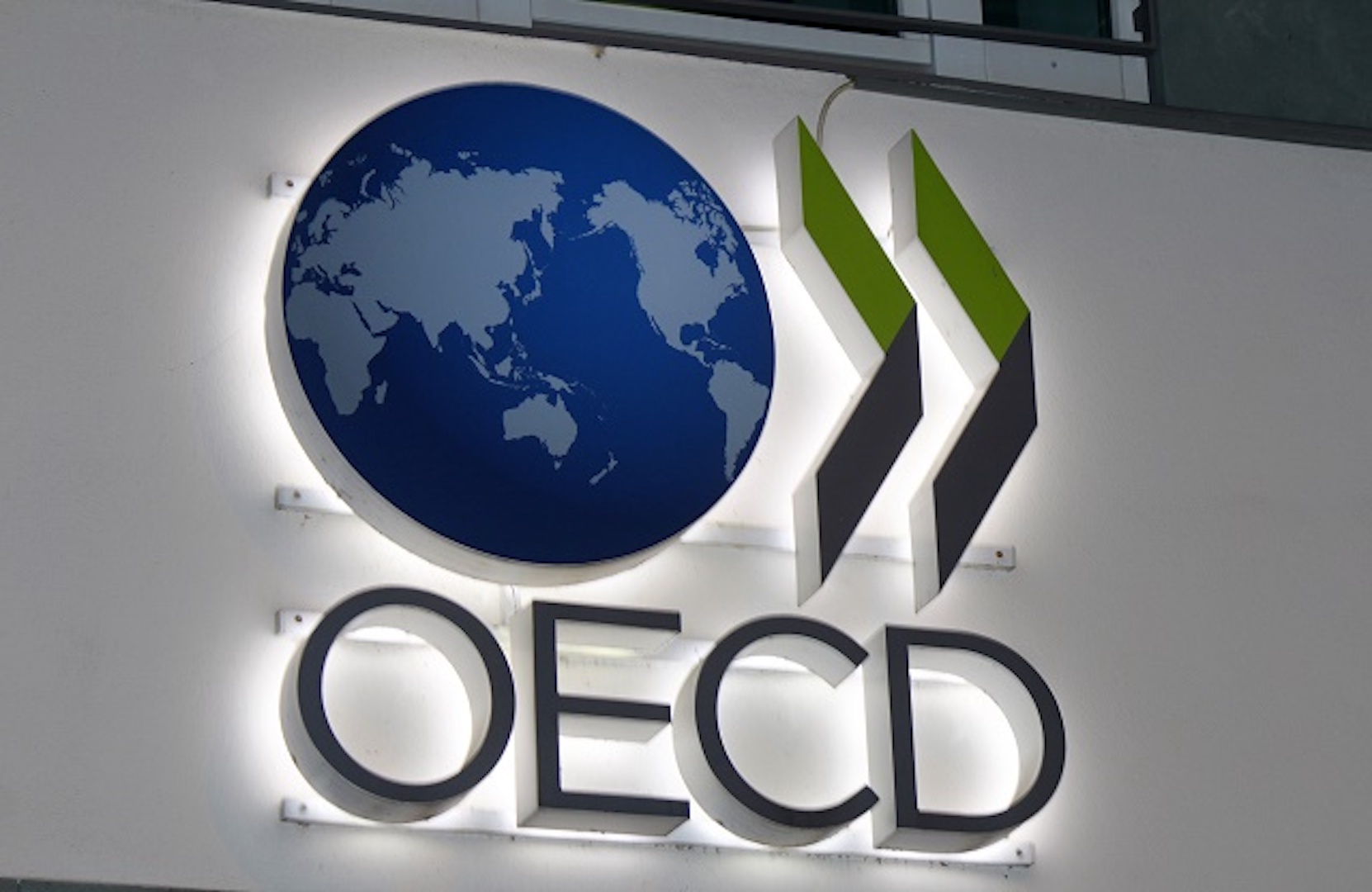RIO DE JANEIRO, BRAZIL – Looking for a milestone to celebrate the bicentenary of its independence in 2021, Peru set out, seven years ago, to join the Organization for Economic Cooperation and Development (OECD). However, recent years’ instability and political polarity, and the great recession due to the pandemic, have broken that dream.
“It has not been fulfilled and will not be fulfilled in the short term,” says the former Minister of Economy Luis Miguel Castilla, a member of the government that in late 2014 took on the Country Program, a roadmap set by the OECD for Peru to reach the minimum requirements for entry into this club of developed countries.

The idea was that Latin America’s seventh-largest economy would not be the only country in the Pacific Alliance (Chile, Colombia, Mexico, and Peru) outside the OECD, and the program focused on five axes: economic growth; public governance; anti-corruption and transparency; human capital and productivity; and the environment.
“We set our sights on this goal 7 years ago, but there was no continuity in public policies and the priority that the Government should give it,” adds Castilla, who spent more than four years in the Economy portfolio, a record in a country where the average time in the office is nine months.
“Successive governments have wiped the slate clean. That is one of the main reasons for not having made enough progress on a series of issues,” Castilla laments.
Corruption cases have aggravated this and, above all, the lack of minimum political agreements between the Government and the Congress in constant confrontation, which has turned Peru into one of the most unstable countries in the region.
“Other countries that started much later than us, such as Colombia and Costa Rica, achieved accession, and Argentina managed to make significant progress,” recalls Castilla.
KEY INDICES
The first unmet goal was GDP growth in a country that until 2014 was the “economic miracle” of Latin America. due to its rapid evolution, at an average of 5.4% per year since 2000. That was cut short with the end of the commodities “boom”, and since the signing of the Country Program, the economy only grew below 3 %.
The deep recession caused by Covid-19 added a contraction of -11.6%. GDP per capita, which was to remain at an average of 4.6% per year to become a high-income country by 2029, has fallen to 2011 levels.
According to the Gini index of inequality, Peru also falls far short of the projected number, which was set at 0.42 by 2020, even though that figure was already higher than the average (0.38) of the five most unequal OECD countries, whose overall average is 0.32.
There was also no progress in productivity, which in Peru is one-third of the OECD average, or labor informality, which even increased with the pandemic to 75% of the economically active population.
“If one refers to the result of how much of the labor force is informal, it is obviously a failure, but it must be seen with a longer-term vision,” Castilla qualifies.
For the former minister, the Country Program contributed to changing the mentality to address these problems from the administration and focused on measures such as the promotion of training.
“It is a subtle but important change. This has motivated multilateral entities such as the Inter-American Development Bank (IDB) or the World Bank (WB) to provide loans to carry out these agendas”, said Castilla.
IMPROVEMENTS IN AGENDAS AND STATE STRUCTURE
According to Castilla, there was also progress in other areas that are more difficult to measure in figures, such as institutional strengthening, improvements in public governance, and reduced barriers to growth.
In this sense, a government unit was created in the Presidency of the Council of Ministers (PCM). Some aspects were corrected in entities such as the health and labor supervisory bodies.
It also emphasized in the public agenda issues such as the fight against corruption and informality, environmental protection, and professional technical education, which were developed with the encouragement of entering the organization.
“Many cases of corruption now being prosecuted would not have been able to avoid impunity if we had not been committed to adhering to OECD standards, including changes in laws to criminalize bribery in the private sector,” he recalled.
The outlook for Peru’s renewed bid for OECD membership is uncertain, as the scenario left by the 2021 general elections is that instability and polarity will continue.
“I am not optimistic that we will make much progress, and if we do not make progress in improving the institutional framework, we will regress everything we have advanced in the last 30 years until we enter the middle-income trap,” he concluded.
Source: efe

